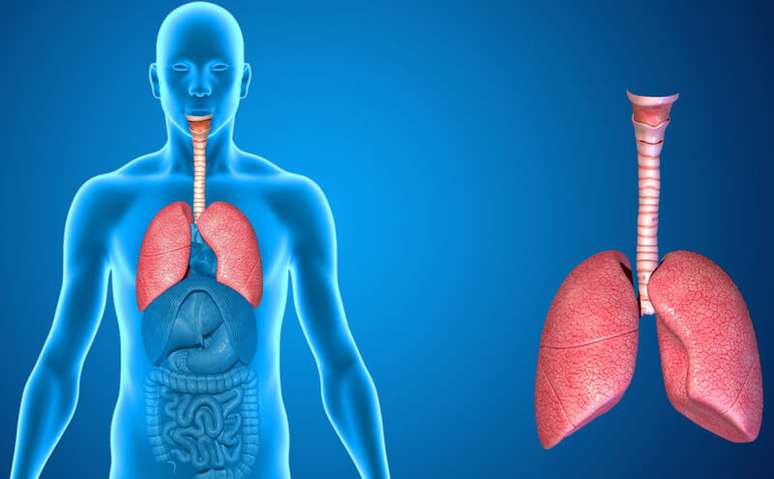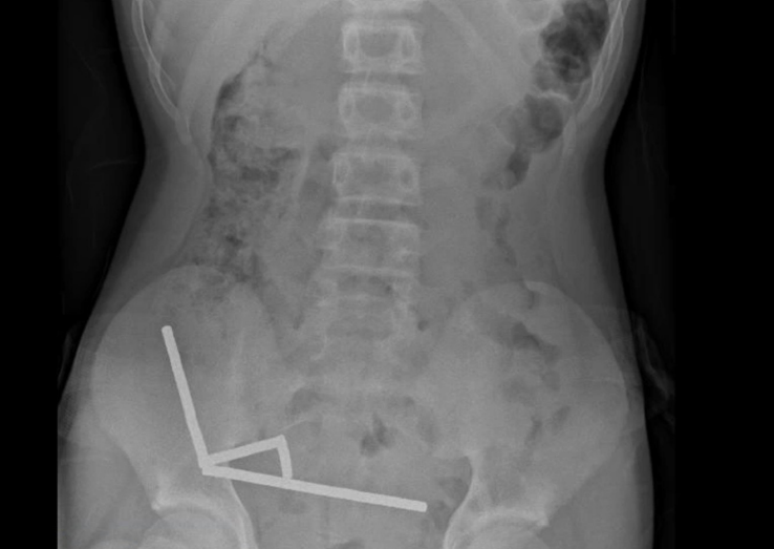Personalized treatments are a breakthrough: get to know the Onco-DOP Test
html[data-range=”xlarge”] figure image img.img-7d613625fbafe592744b43aca701f94bbpsbh0il { width: 774px; height: 479px; }HTML[data-range=”large”] figure image img.img-7d613625fbafe592744b43aca701f94bbpsbh0il { width: 548px; height: 339px; }HTML[data-range=”small”] image figure img.img-7d613625fbafe592744b43aca701f94bbpsbh0il, html[data-range=”medium”] figure image img.img-7d613625fbafe592744b43aca701f94bbpsbh0il { width: 564px; height: 349px; }
Lung cancer is one of the types of cancer with the highest mortality rate in Brazil. According to data from the National Cancer Institute (INCA), approximately 29,000 deaths from lung cancer were recorded in 2020, a high mortality rate compared to the incidence of diagnoses of the disease: 30,000 new cases per year.
Cases are discovered late, which significantly reduces the chance of curing the disease and the patient’s life. When cancer is identified in an advanced stage, only 18% of people survive for 5 years or more.
If lung cancer is diagnosed at an early stage, the five-year survival rate increases significantly, reaching 56%.
A public health challenge
A major public health challenge, lung cancer has nonspecific signs and is often confused with other lung diseases. The most characteristic symptoms of the tumor are: persistent cough, bloody sputum, chest pain, hoarseness, shortness of breath, loss of weight and appetite, recurrent pneumonia or bronchitis, tiredness or weakness.
It is important to underline that one of the main risk factors is smoking (including electronic cigarettes) ― but it should be remembered that 15% of cancer patients have never smoked ― and a sedentary lifestyle, poor diet, exposure to chemicals , pollution and other factors Genetics are also associated with the disease.
With advances in medicine, as long as it is diagnosed early, lung cancer is treatable. In Brazil there are some technology-based companies capable of developing revolutionary tests.
The combination of technology and knowledge has positively influenced medicine over time. Precision medicine is a reality, which improves not only the medical routine, but also the economic impacts represented by the search for new treatments.
medical advances
Advances in the implementation of personalized and precision medicine have led to the implementation of innovative tools. It is the case of Introcue Brazil which, investing in organoid technology, has led to the development of the Onco-PDO (Patient Derived Organoids) test. With it, the patient’s cells are grown and tested against different chemotherapy drugs, analyzing how they respond to different therapies.
It is a three-dimensional cell culture, which better reflects in vitro the conditions observed in vivo in the tumor of origin. The Onco-PDO test takes into account that each patient is unique and this helps the doctor make the best choice for that specific patient.
Some tumors are resistant to certain drugs, and knowing in advance how a patient’s cancer cells respond to different treatments in the laboratory helps oncologists’ decision-making. The advantage is that instead of making predictions about how a cancer might respond to a therapy, the Onco-PDO Test allows you to specifically see the effect of that therapy on the patient’s tumor and to work directly with the living cells that they form cancer in each patient case.
The future of medicine depends on precision actions. In order for the new tools to be used, talk to your doctor for a thorough assessment and analysis of treatment options!
HOMEWORK inspires transformation in the world of work, in business, in society. Created by COMPASSO, a content and connection agency.
Source: Terra
Ben Stock is a lifestyle journalist and author at Gossipify. He writes about topics such as health, wellness, travel, food and home decor. He provides practical advice and inspiration to improve well-being, keeps readers up to date with latest lifestyle news and trends, known for his engaging writing style, in-depth analysis and unique perspectives.





![Un Si Grand Soleil Preview: Episode Summary for Tuesday, October 28, 2025 [SPOILERS] Un Si Grand Soleil Preview: Episode Summary for Tuesday, October 28, 2025 [SPOILERS]](https://fr.web.img2.acsta.net/img/cb/ba/cbba991ec6092b42c6fe91c18f33c426.jpg)


